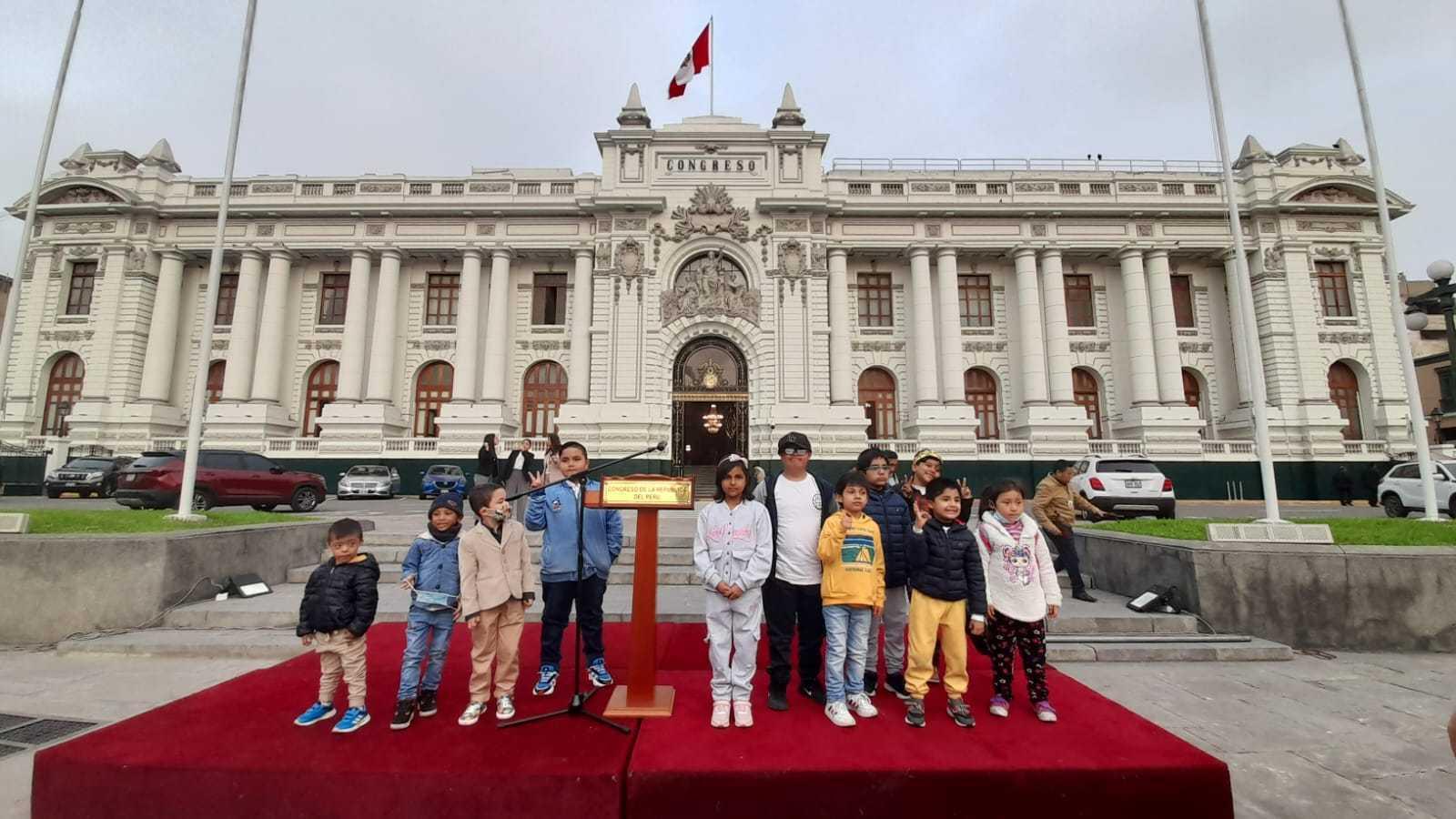Desperate cancer patients in Peru look for options across the Atlantic
In May of 2021, 16-year-old Estefano Carrión started having difficulty breathing, and he noticed his skin turned pale.
At that time, he and his family were living in Pucallpa, a city in the Peruvian Amazon, and local doctors in this remote area of the country were unsure about what he had. They recommended to his father, Jhony Carrión, that Estefano receive a proper diagnosis in Lima, the capital of Peru.
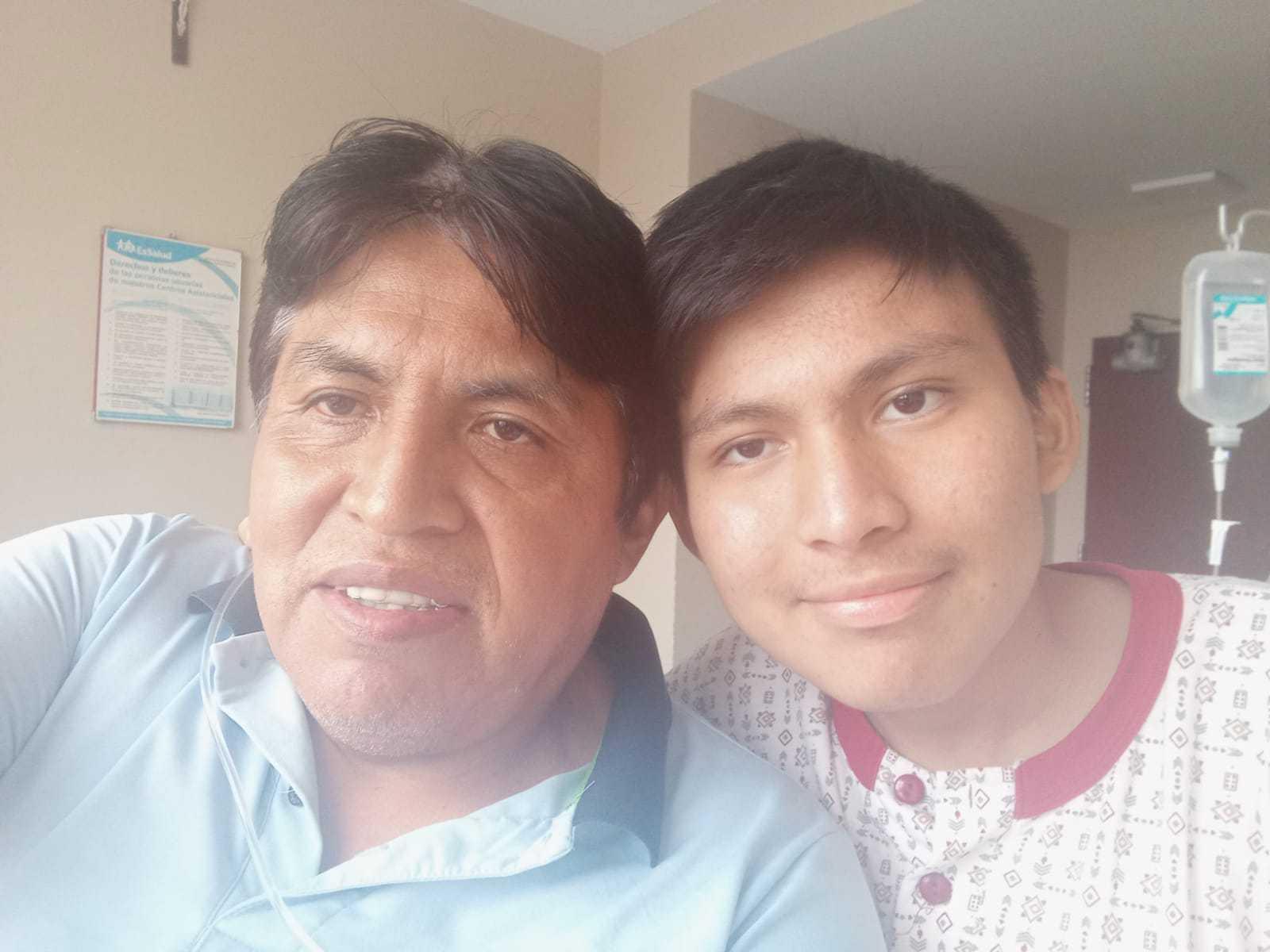
Once there, they learned that Estefano had lymphoblastic leukemia, and that Lima was the only place in Peru where he could get treatment. But even there, they found all public hospitals were short on oncologists, and there was a serious shortage of medicines and beds, Carrión said. The waiting list for a bone-marrow transplant in Peru can be over two years, according to several oncologists who spoke to The World. Parents like Carrión are forced to pay out of pocket for the medicine needed for chemotherapy.
“The doctor confirmed my suspicion, and told me there’s nothing else we can do.”
Earlier this year, Estefano was able to get a bone-marrow transplant after his father volunteered to be the donor. But a few months later, in June, the cancer reemerged. “The doctor confirmed my suspicion, and told me there’s nothing else we can do here,” Carrión said.
After learning that a cancer treatment at a private hospital in Lima can cost over a million dollars, he started looking for options abroad. He found out that Spain is a common destination for cancer patients from Peru, because they can get affordable and high-quality treatment there.
Around 1,800 kids in Peru are diagnosed with leukemia every year, according to Peru’s health ministry and the World Health Organization, and many face the same challenges as Estefano and his family.
Thanks to new technology and advances in treatment, child cancer has a very good prognosis. Infants with the disease have up to a 90% survival rate, with many going on to live happy, productive lives, according to the American Cancer Society and experts.
But in Peru, official data from 2017 shows the mortality rate for infant leukemia is over 22% — among the highest in Latin America. And the number could even be higher.
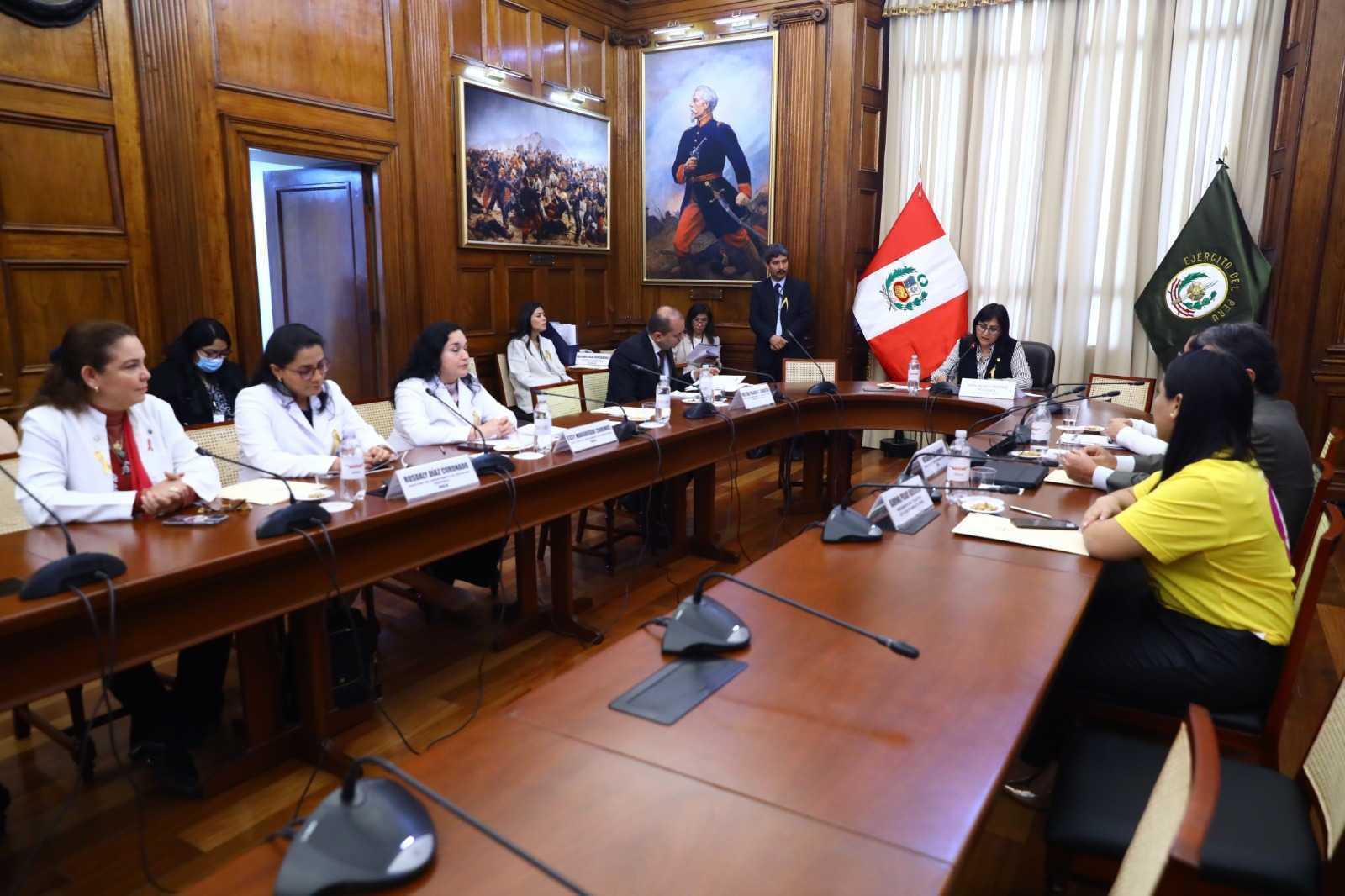
Colectivo Ley Cancer Perú, an organization that has been fighting for better protections for cancer patients in Peru, has been independently tracking the number of kids with leukemia who die in hospitals in Lima. Karina Pujay, the founder, said the mortality rate, according to their records, is now close to 60%.
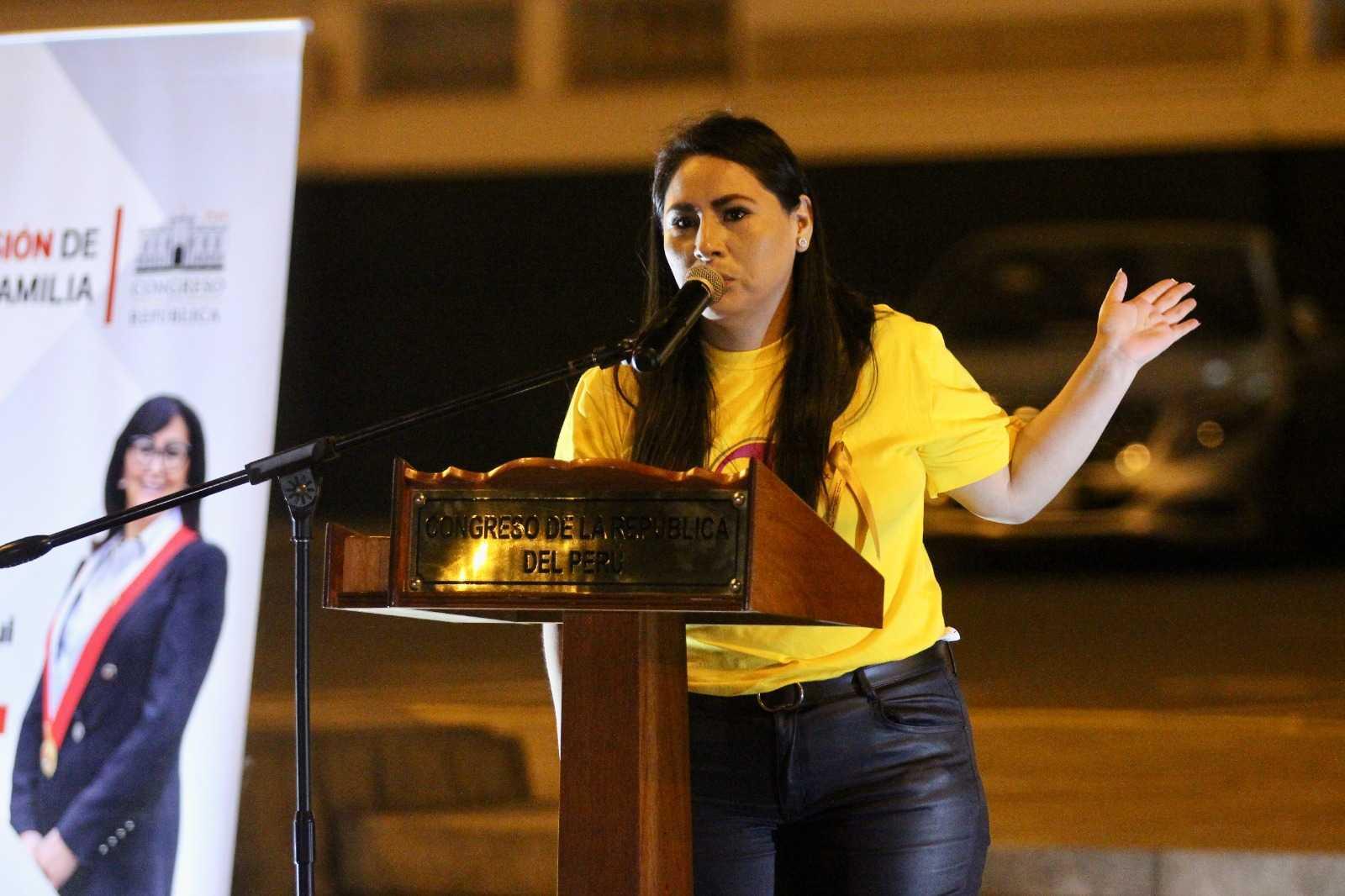
In Peru, cancer patients are protected by law. They have the right to receive free treatment in public hospitals, and the government is supposed to pay to send them abroad if necessary care is not available at home. But the law is simply not enforced, Pujay said.
“There is little political will to solve the health crisis,” she said. Peru has been through a long period of political instability. Over the last five years, the country has had six presidents and 11 ministries of health. “Public officials don’t have a long-term plan and don’t take responsibility for the problem, because they know it’s very likely they will be in office for a short period of time,” Pujay said.
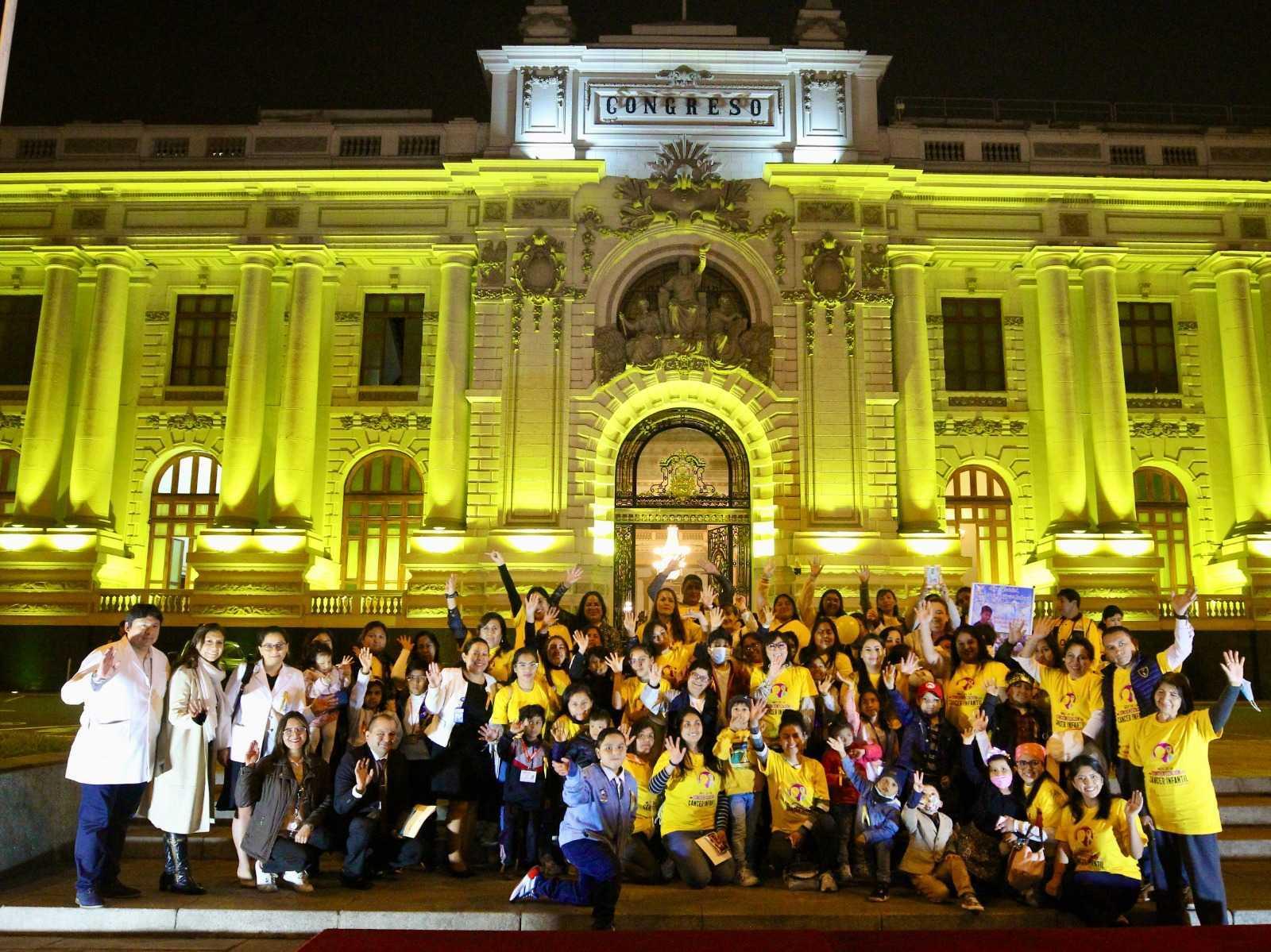
Over the last three years, her organization has been engaged in public demonstrations, fundraising campaigns and lobbying.
A lack of specialists is another challenge to treat cancer patients in Peru. Few universities in the South American country offer a medical degree in oncology, “and we don’t see a plan to change that,” said Mauricio León, an oncologist with the League Against Cancer in Peru.
Health officials didn’t respond to The World’s multiple requests for comment.
An increasing number of families of children with leukemia in Peru are finding ways to travel to Spain to get proper treatment.
Carrión is one of them. After speaking with an oncologist in Barcelona who offered some hope, he just needed to find the money for plane tickets. He sold all that he had — a piece of land, and planned on leaving at the end of November with his sick son Estefano and his youngest son who was going to serve as a bone-marrow donor this time.
But when they got to the airport, “immigration officials said we couldn’t board the plane, because there was a health order from the hospital banning my son from leaving the country,” he said. Carrión is now also facing a demand by the Attorney General’s Office for allegedly exposing his kid to danger.
Many Peruvian parents do arrive in Spain with their sick kids. In the northeast region of Catalonia, health authorities say about 25% of hospitalized children with cancer are Peruvian.
The families usually arrive with little money, and little more than the name of a hospital. No contacts, no papers. But they’re desperate.
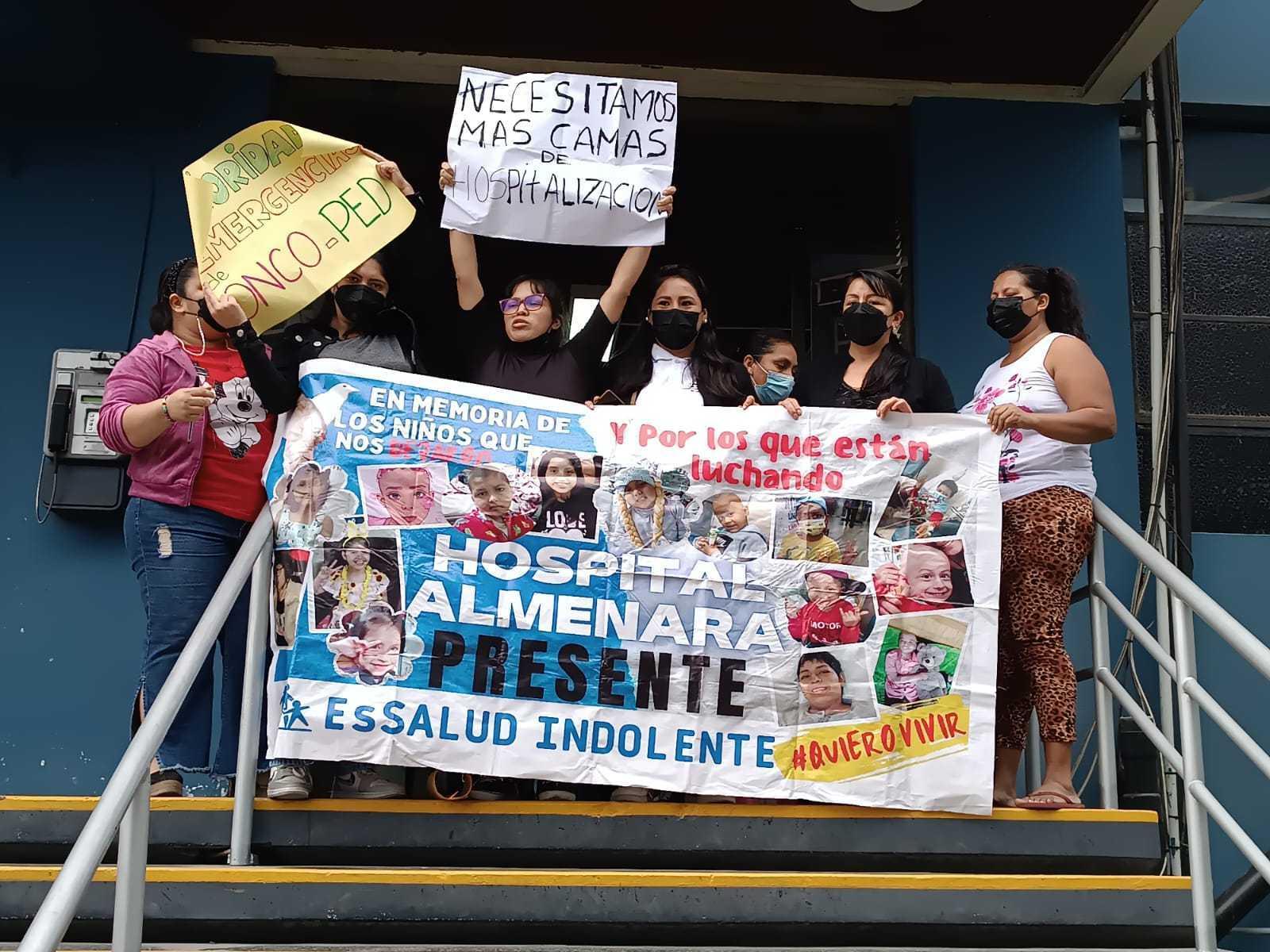
‘Maybe they can save him in Spain’
In a small, dark apartment in a Barcelona suburb, a Peruvian mom coaxed her 11-year-son out of bed. No names, she said, because they don’t have residency papers, and they’re afraid of getting deported.
Her son, who has been suffering from leukemia for three years, is bald and pale, and his skin is peeling from another round of chemotherapy.
“It was really terrible. At first, I couldn’t eat because my mouth was filled with sores. I was tired and sleeping all day,” the boy said. “This disease can attack you anywhere. Mine started with stomach pains. After that, they found out it was cancer.”
That was in Lima. Doctors there said he needed a bone-marrow transplant, but the waiting list was over two years. Too long in his case, his mom said: “The doctor told me, there’s nothing more we can do. You need to just make sure your boy is comfortable. But how could I accept that, as a mother? I started crying.”
And then, the doctor hugged her and whispered something in her ear: “‘Spain, maybe they can save him in Spain,’” she said. “She didn’t say it as a doctor, but as a mother. She could see how crushed I was. Because it’s not easy to hear that your son isn’t going to make it.”
So, the mom and her husband, a poor miner, sold everything, their tiny house. But it still wasn’t enough for the plane tickets. Somehow, she got online influencers to take up her cause. She went on national TV.
And it worked. People donated. In August, the family landed in Barcelona on tourist visas. All they had was a photo of a children’s hospital from Instagram. They took a taxi straight to the emergency room. The boy was sicker than ever, vomiting from his latest round of chemotherapy.
At first, the mom said, the hospital denied them care. You need to go back to Peru, they said. But a doctor saw the boy on the floor and intervened.
“She was my guardian angel. Because of her, my boy is in treatment.”
The boy was in the hospital for weeks. A lot of nights, his parents slept outside on the sidewalk. They had no money. Finally, last month, the boy got the bone-marrow transplant that might save him.
But that procedure hasn’t entirely cured him of cancer, his mom said, talking outside: “It should have disappeared with all those chemicals they gave him. They were so strong, they burned his body. My boy’s skin has practically turned into a hard shell.”
Still, she said, she doesn’t regret coming. At home, the only plan left was hospice care. Here, her son still has a fighting chance.
Her son is hopeful: “I want to see my parents happy. I don’t want them to suffer because of me,” he said.
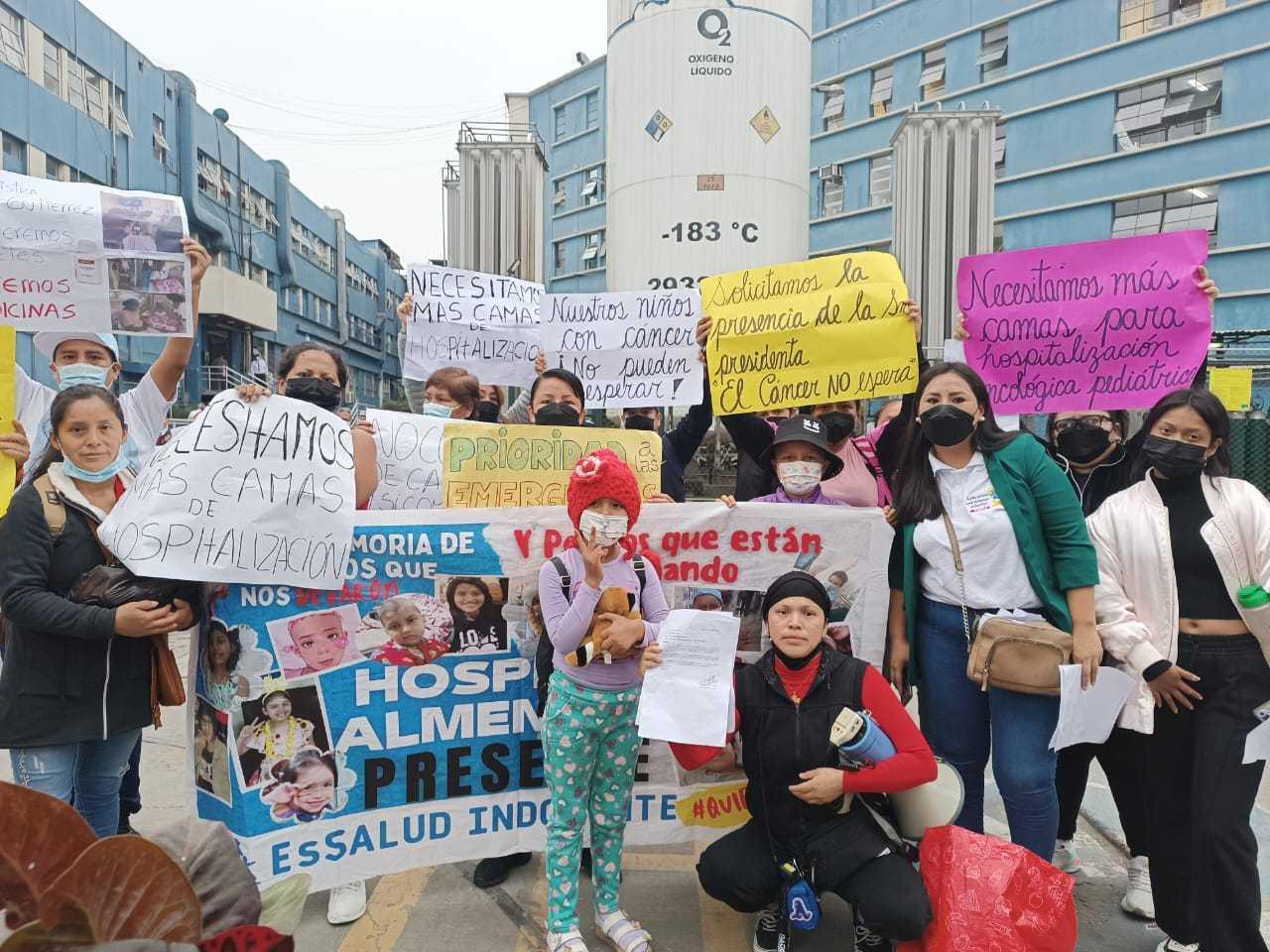
Health care authorities and pediatric oncologists declined to speak to The World for this story. It’s a delicate subject. Usually, if you show up sick to an emergency room, you do get care in Spain. Even if you don’t have insurance.
That policy is off-the-books — based on empathy, but against the law. But the publicly funded system does have its limits. And cancer treatment is costly.
Another Peruvian mom in Barcelona, who also asked that her name not be used, is up against those limits. She came to Spain without papers to save her 1-year-old baby who has ocular cancer.
She went to a hospital just after landing but was denied care, she said: “A social worker accused me of trying to sell my baby. ‘Who’s paying you?’ she asked. I told her, ma’m, ‘How could I sell my own daughter, who’s so sick?”
They threatened her with deportation, she said. She said that she’s still hoping someone will help her baby, and she doesn’t want to jeopardize that.
For now, she and her baby are living in a Red Cross shelter — waiting — like so many other Peruvian families, for critical care against cancer.
This story was updated on Dec. 26, 2023.
